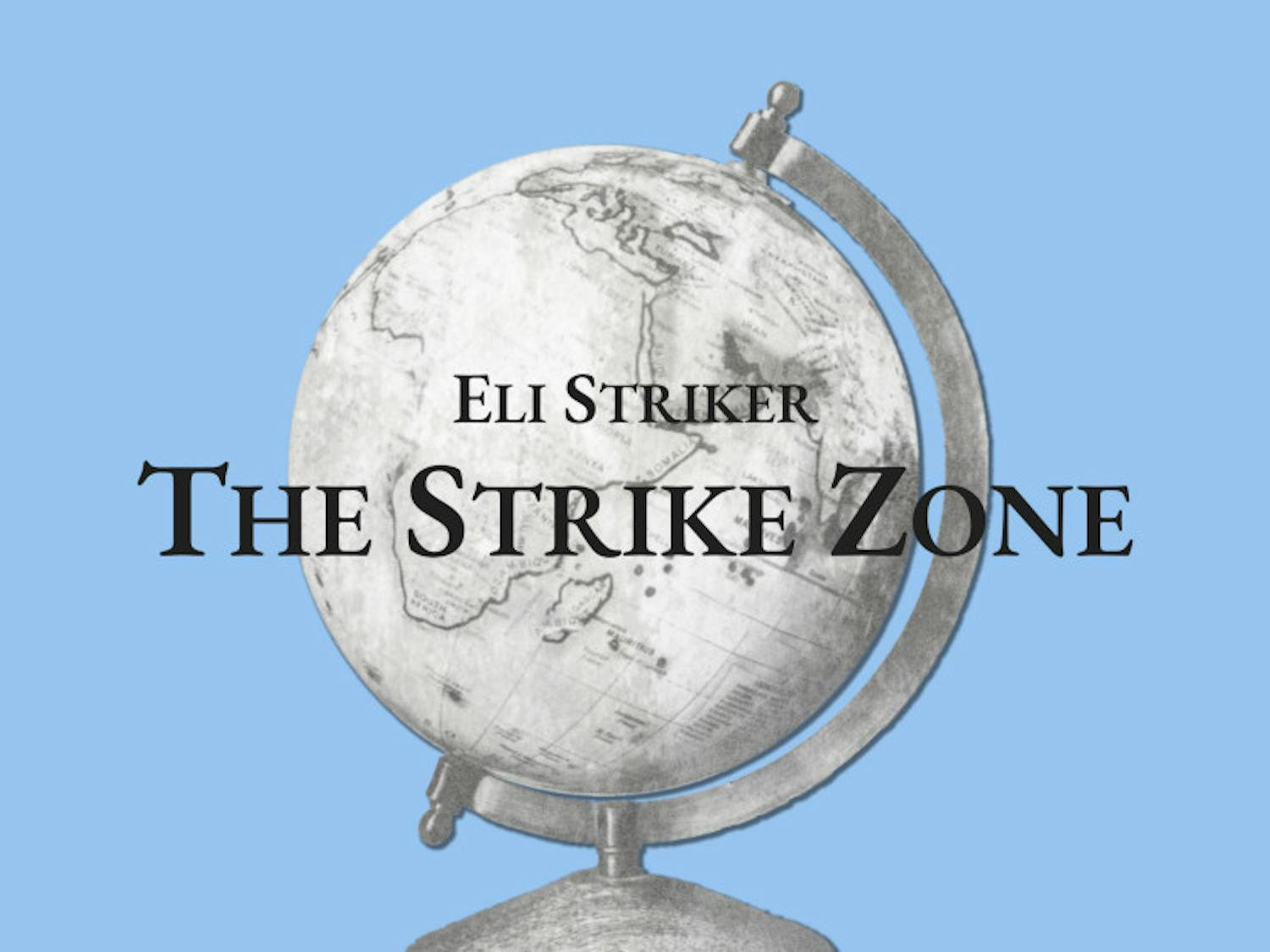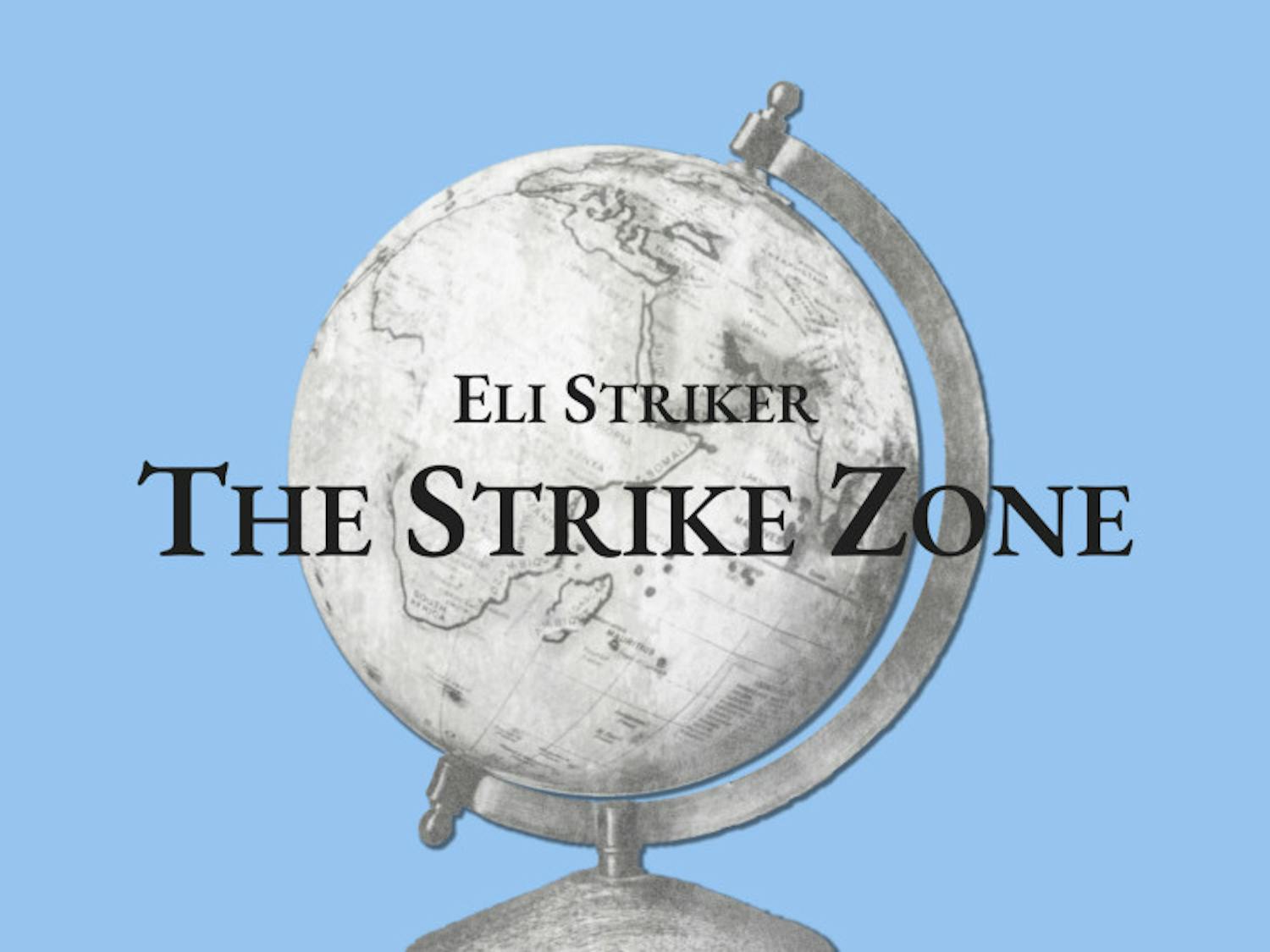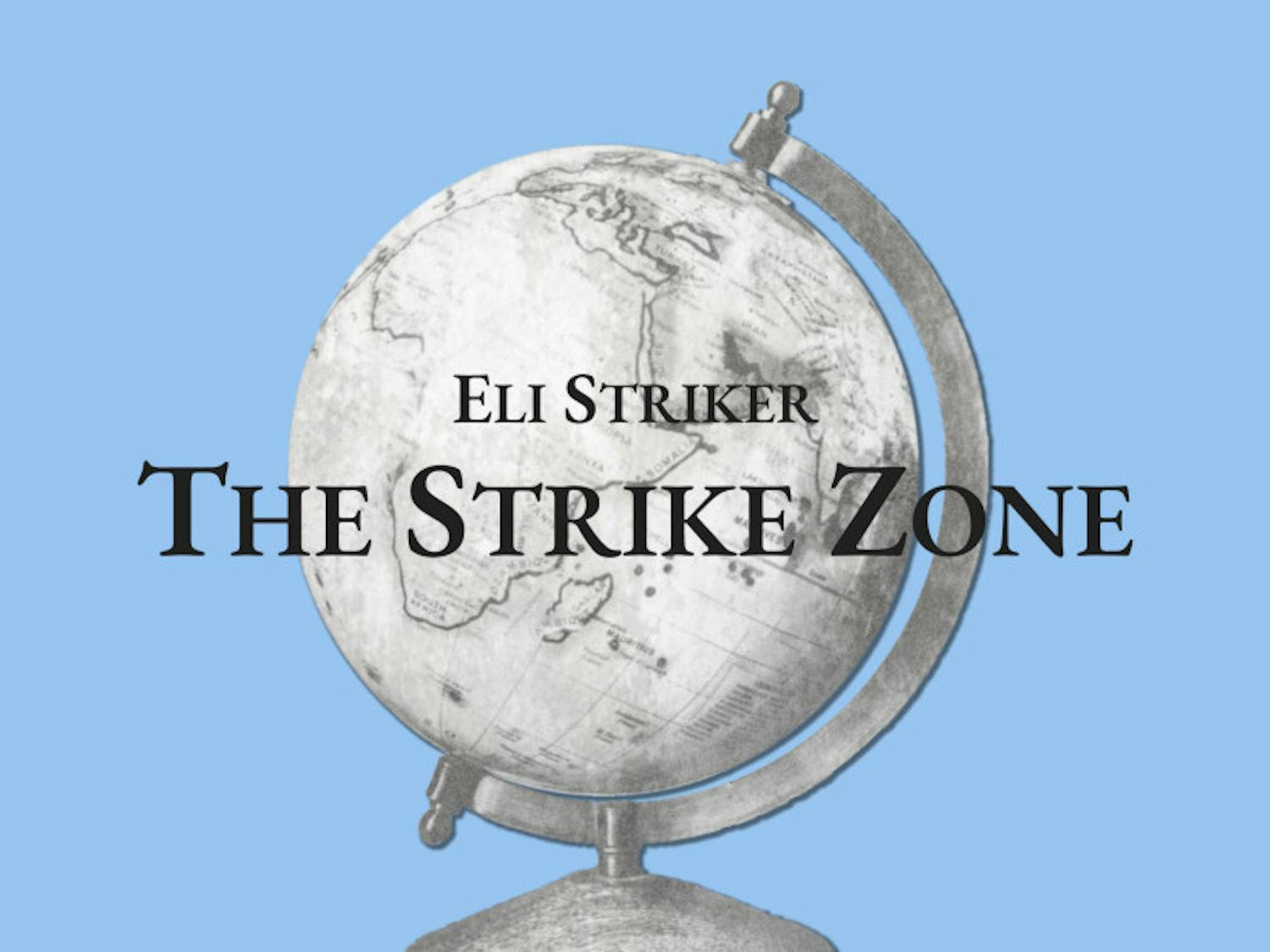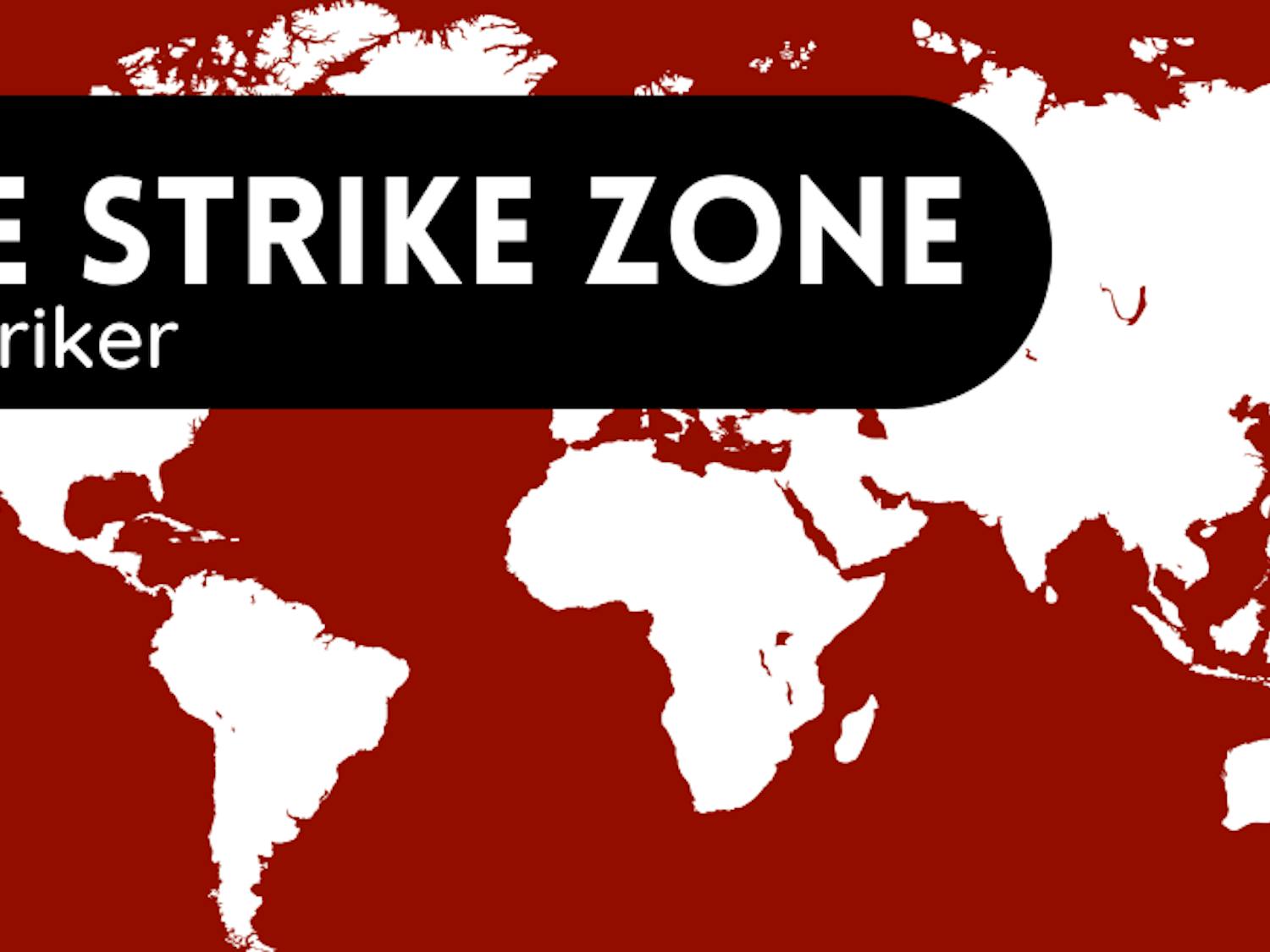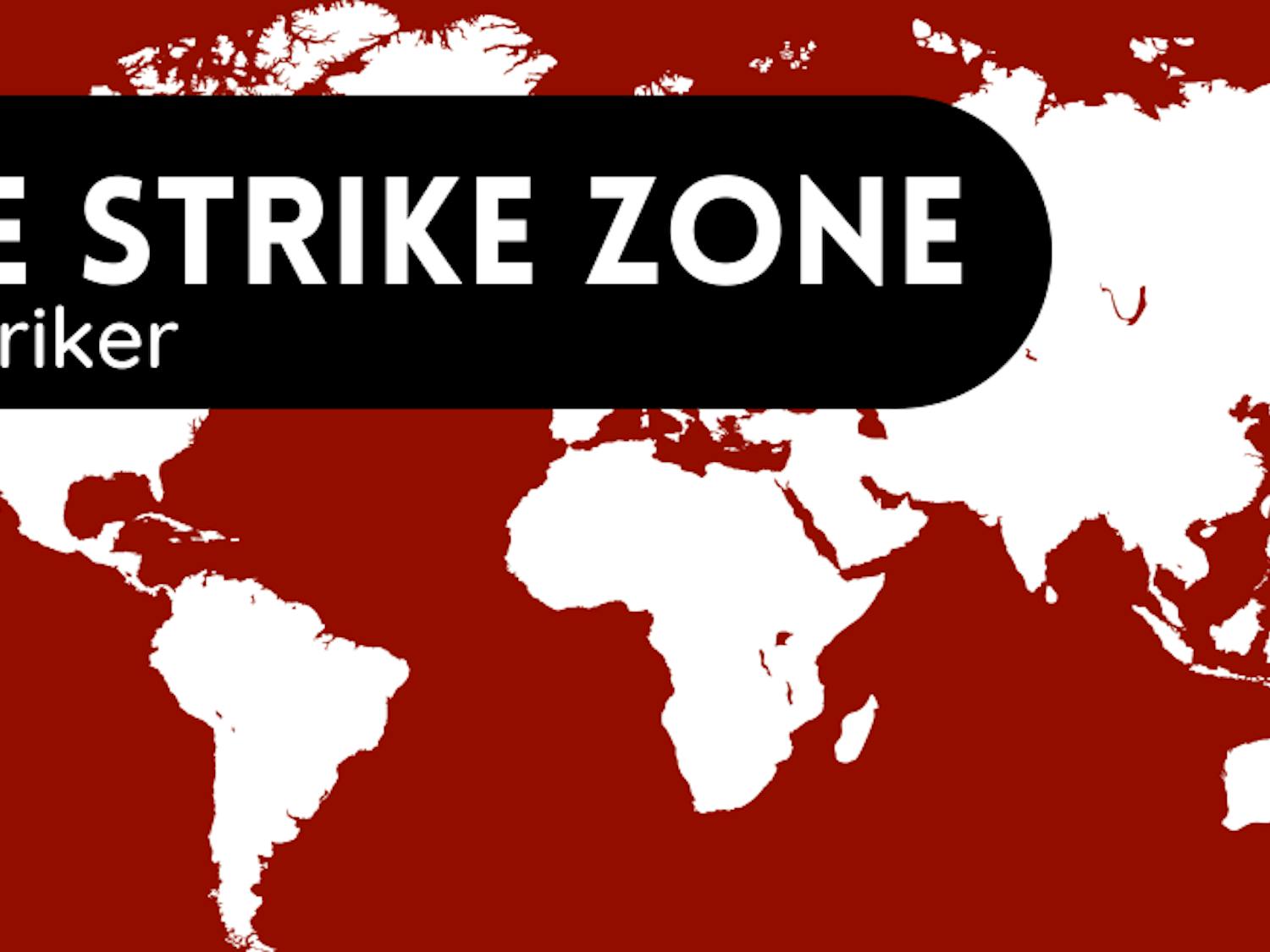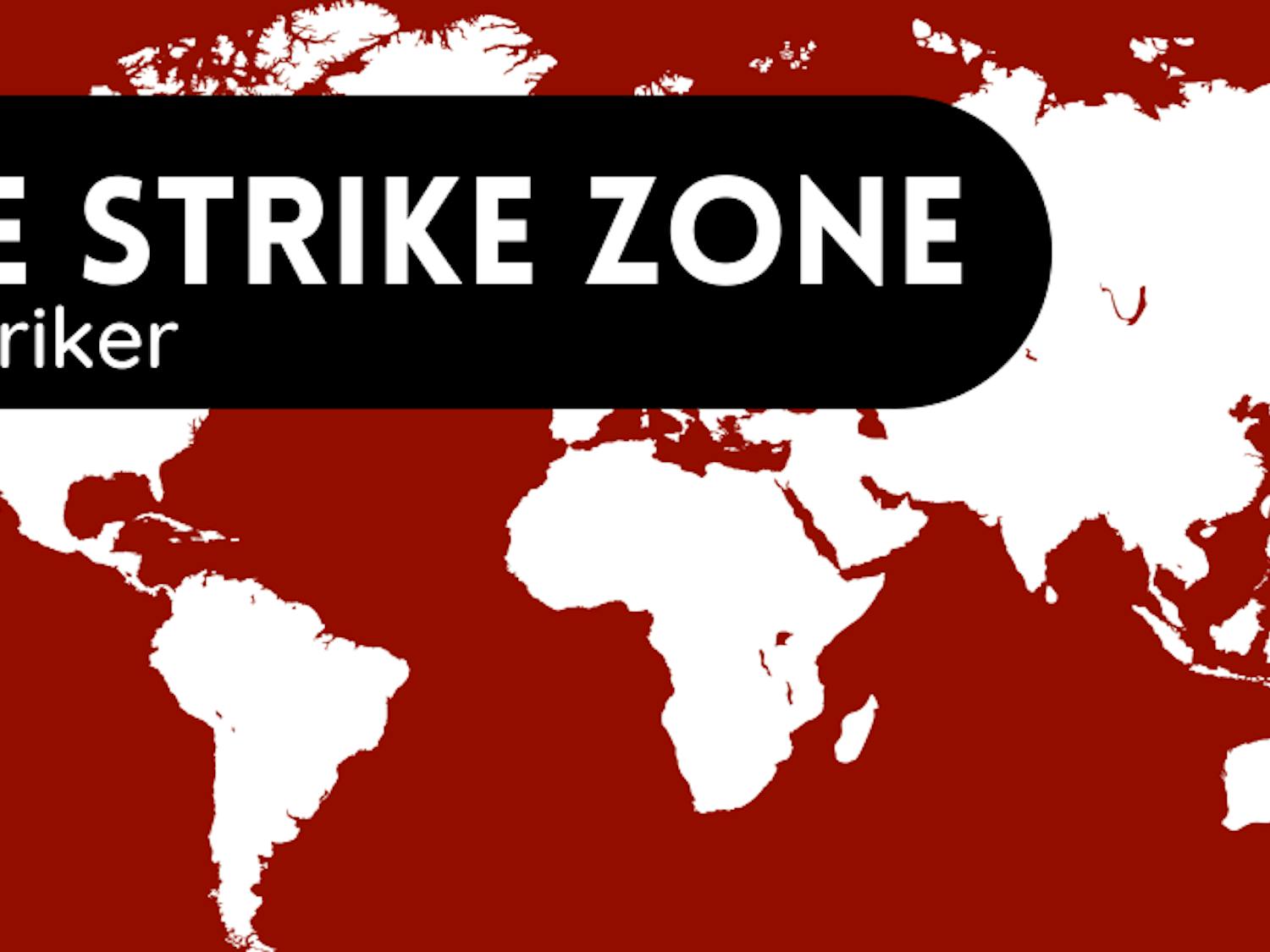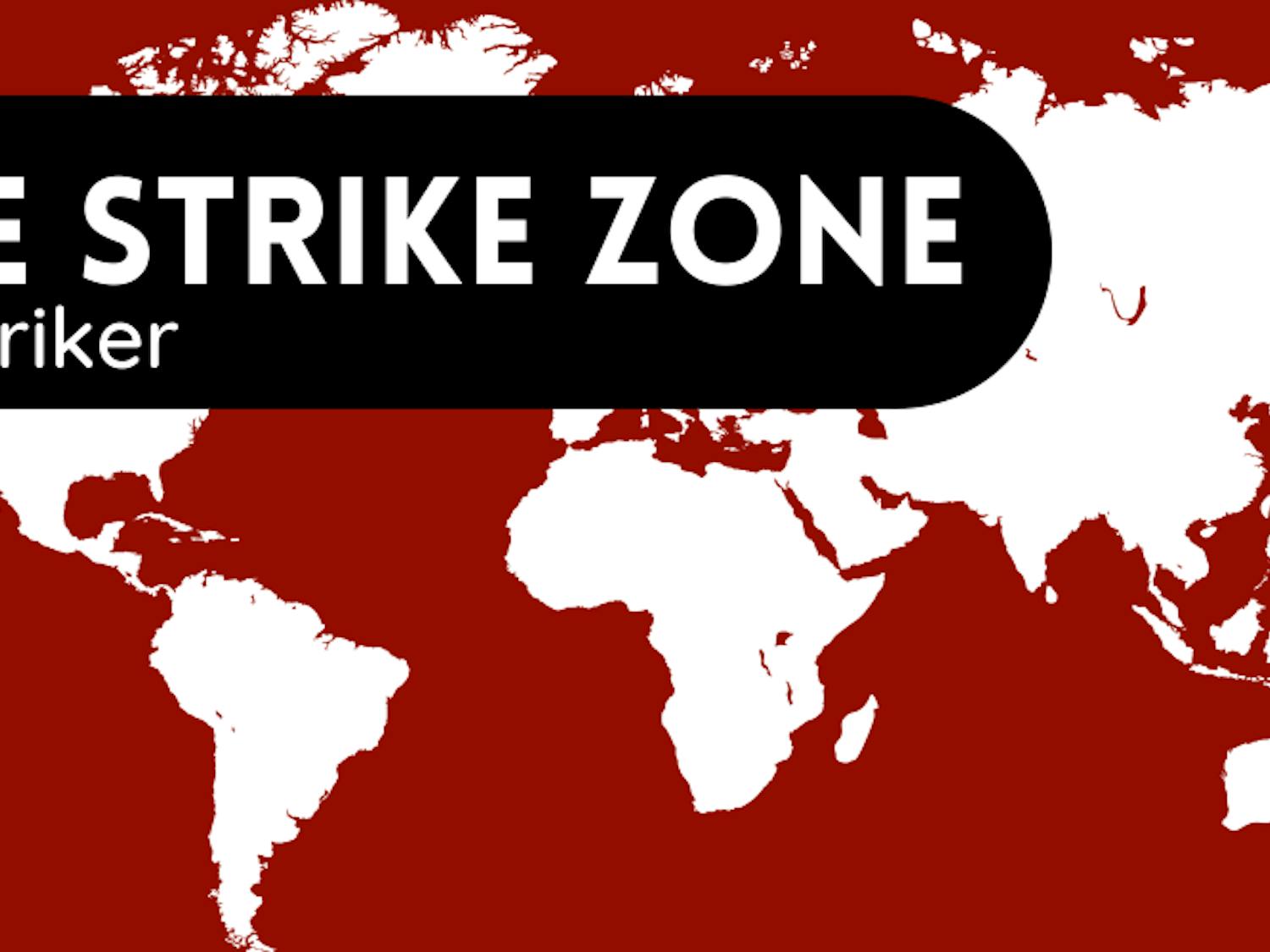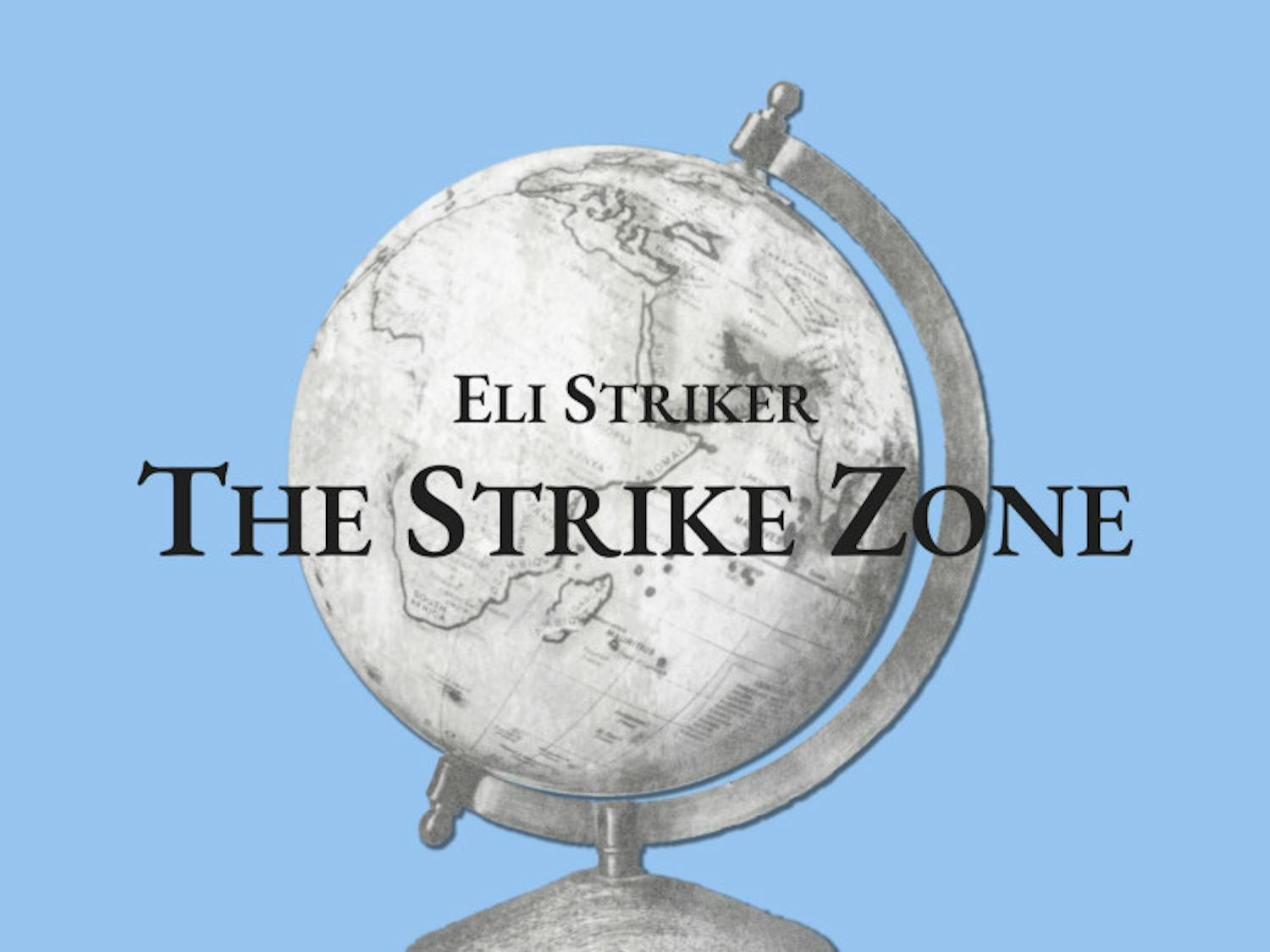The Strike Zone: China’s role in the Russia-Ukraine war
By Eli Striker | May 20During the first year following the Feb. 24, 2022 Russian invasion of Ukraine, China maintained a neutral stance, as Beijing attempted to undercut democracy without provoking Western economic sanctions. However, China’s true stance in the war was put on full display in March of this year when President Xi Jinping visited President Vladimir Putin in Moscow, and the two leaders signed an agreement that promised a stronger relationship and condemned American hegemony. Worryingly, Beijing has allegedly considered further expanding its trading repertoire with Moscow by selling weapons — including artillery shells and attack drones — to Russia. Arming Russia would officially end any pretense of Chinese neutrality and undoubtedly provoke a series of Western sanctions against Beijing. Instead, China should work to broker a realistic peace treaty with Russia and Ukraine, asserting itself as the world’s foremost diplomatic leader at a time when geopolitical tides are turning in favor of the developing world and the Global South.


